In Japanese, we’re surrounded by sound words — like:
pyon pyon (hopping),
zawa zawa (murmuring), or
gacha (the click of a capsule toy).
So sometimes, when we hear English words, we can’t help but feel that they also carry a certain sound — even if they aren’t onomatopoeia at all.
Words Sound Like Onomatopoeia to Japanese ears
Below are a few examples that sound particularly alive to Japanese ears.
Of course, this is just one Japanese listener’s impression — other people in Japan might feel differently!
Trampoline
For Japanese ears, trampoline sounds light, springy, and full of motion.
It’s almost as if you can hear the bounce — “boyong!” or ”pyon pyon!”
The word itself feels like it’s jumping up and down, with an airy rhythm that makes it sound playful and bright.
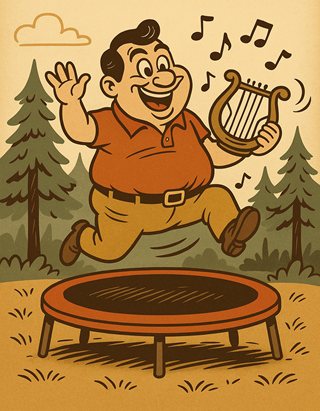
Tambourine
This one is even more rhythmic.
Tambourine sounds like tan-tan! ban-ban!, a cheerful beat that invites movement.
Its repeated “-ine” ending feels like a little echo, just like the metallic jingles of the real instrument.
It’s easy to imagine someone dancing while saying it!
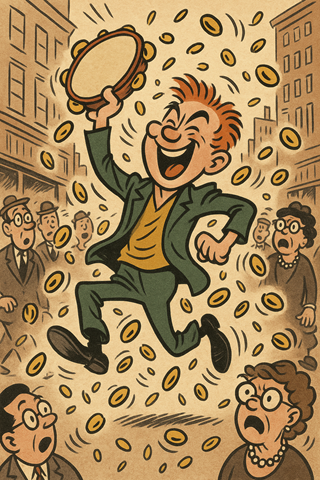
Raccoon
This one is funny — because the sound raccoon gives off a quick, snappy image to many Japanese people.
Not the chubby, round animal we know from photos, but something lean, fast, and agile — almost like a tiny impala darting through the forest.
The “rak” and “coon” parts sound quick and sleek, making it feel like a small creature that moves fast.
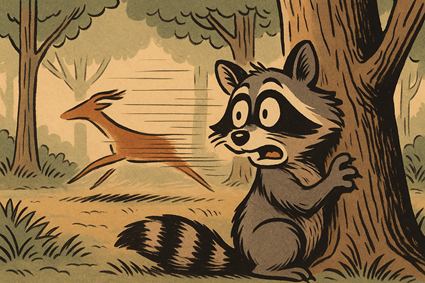
A Note from a Japanese Listener
These impressions are, of course, very personal.
Even among Japanese people, the way a word feels can vary a lot depending on each person’s imagination, experience, and sense of rhythm.
But one thing is sure — when Japanese speakers hear foreign words, we don’t just listen to their meaning.
We listen to their music.
What About You? Leave a Comment!
How about in your language?
Are there any words in English — or in your mother tongue — that sound like onomatopoeia to you?
Maybe a word that feels bouncy, quiet, sparkling, or soft, even if it doesn’t describe a sound at all.
Every language has its own rhythm and texture — a kind of hidden music inside the words.
If you listen closely, you might find that sound is everywhere, even in places where you least expect it.
Let me know if your language has any words that sound like onomatopoeia.
Any other kind thoughts or warm feedback are also welcome.
You can leave a comment in the section at the bottom of the page.

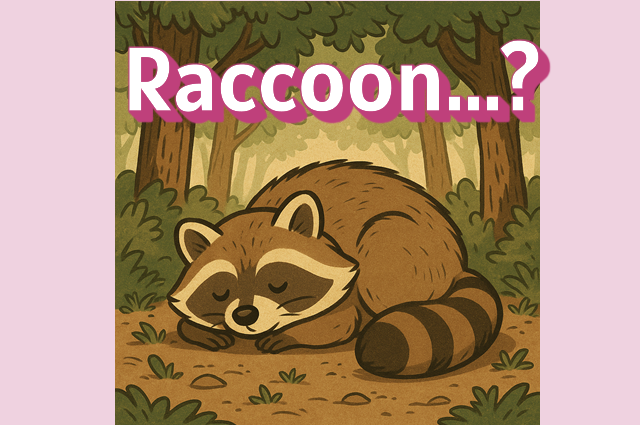
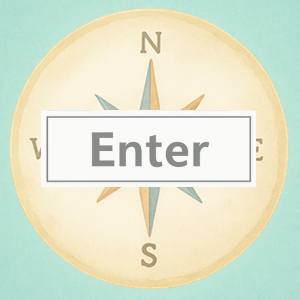
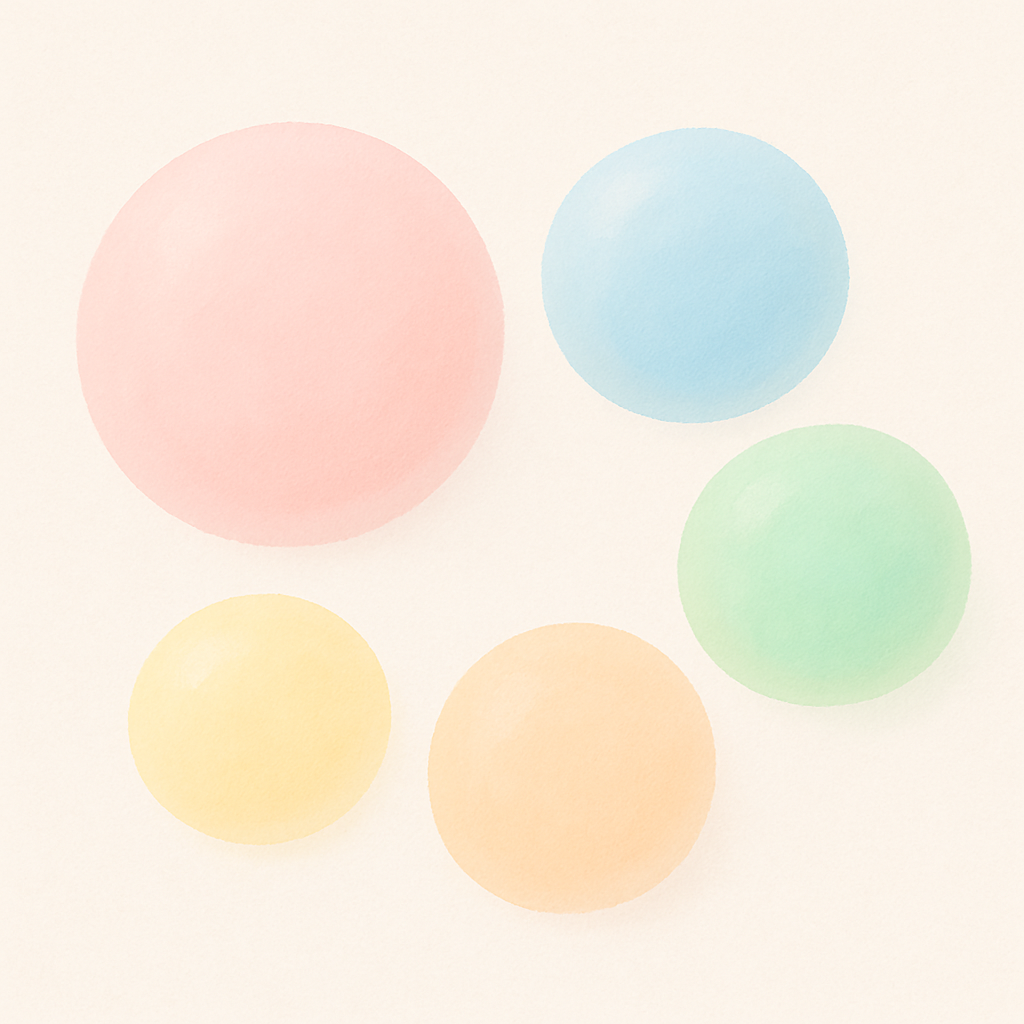

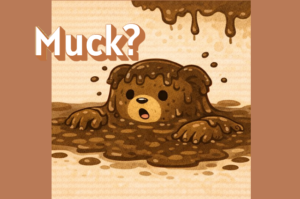
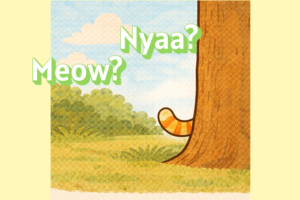

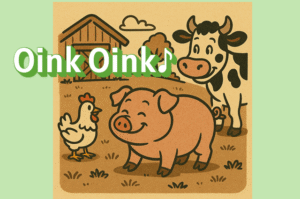
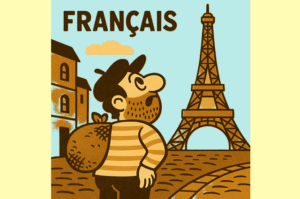


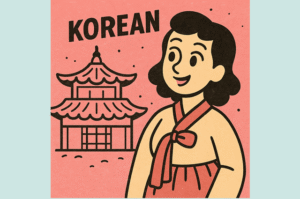
Comments